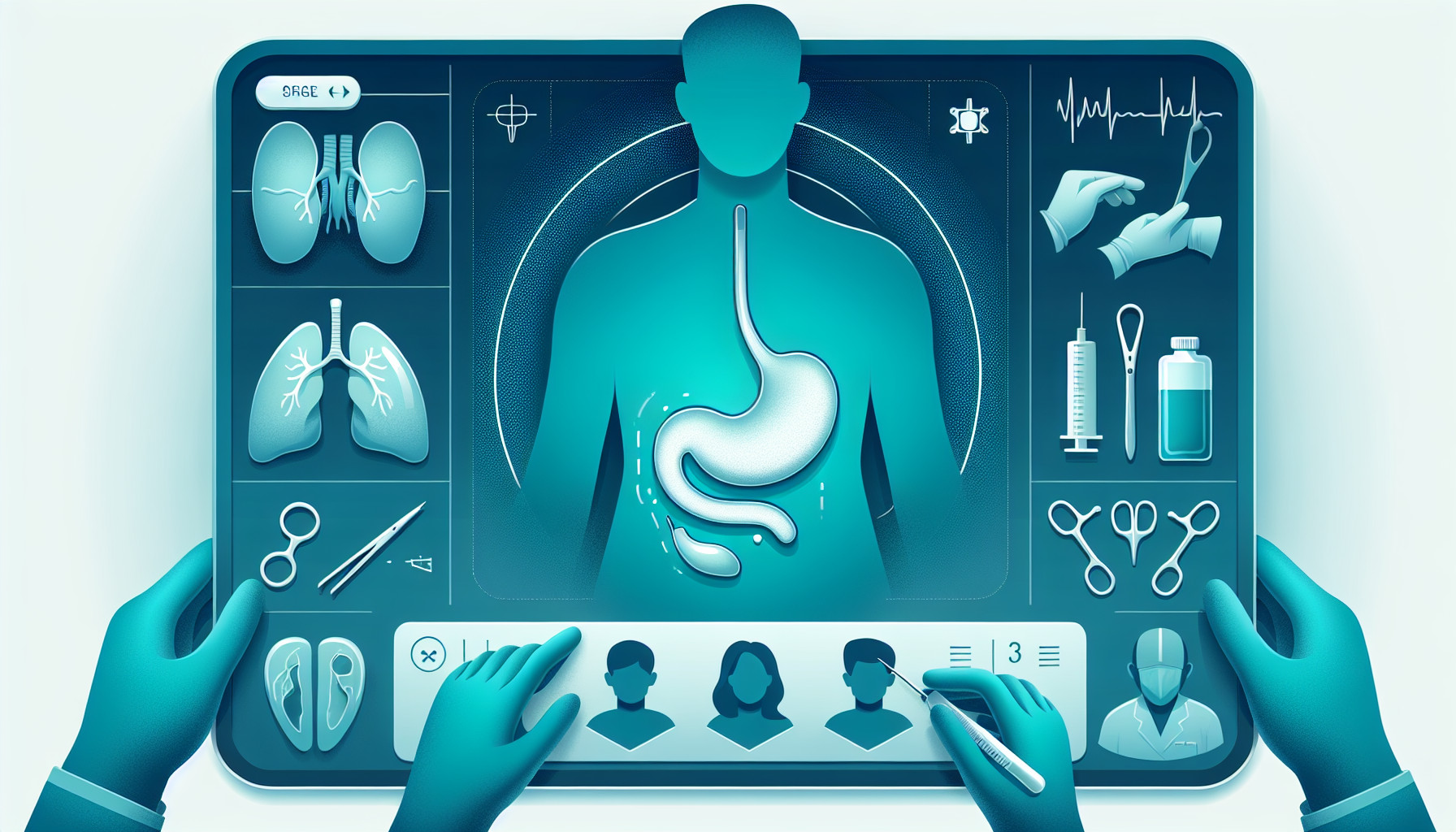Our Summary
In the last ten years, two types of minimally invasive surgery for gallstones, mini-laparoscopic cholecystectomy (MLC) and single-port laparoscopic cholecystectomy (SILC), have become popular. This study compares the two methods using data from previous trials. It found that SILC takes longer and results in a shorter wound than MLC. There were no significant differences in the length of hospital stay, pain relief, and appearance of the scar. MLC had fewer complications than SILC, but the difference was not statistically significant. Hence, it’s not clear whether MLC is better in terms of complications or the need to switch to another procedure. More research is needed on this topic.
FAQs
- What are the two types of minimally invasive surgery for gallstones?
- What differences were found between mini-laparoscopic cholecystectomy (MLC) and single-port laparoscopic cholecystectomy (SILC)?
- Is there a definitive conclusion on whether MLC or SILC is a better procedure for treating gallstones?
Doctor’s Tip
One helpful tip a doctor might tell a patient about cholecystectomy is to discuss with them the different types of minimally invasive surgery options available, such as mini-laparoscopic cholecystectomy and single-port laparoscopic cholecystectomy. They may explain the potential differences in surgical technique, recovery time, and potential complications associated with each option. It is important for the patient to have a thorough understanding of their surgical options in order to make an informed decision about their treatment plan.
Suitable For
Patients who are typically recommended cholecystectomy include those with symptomatic gallstones that are causing pain, inflammation, infection, or other complications. Additionally, patients with gallbladder polyps, gallbladder cancer, or biliary dyskinesia may also be recommended for cholecystectomy. Ultimately, the decision to undergo cholecystectomy should be made in consultation with a healthcare provider based on the individual patient’s symptoms, medical history, and overall health.
Timeline
- Patient experiences symptoms of gallstones such as abdominal pain, nausea, vomiting, and bloating
- Patient undergoes diagnostic tests such as ultrasound or CT scan to confirm the presence of gallstones
- Patient is recommended to undergo cholecystectomy (surgical removal of the gallbladder) as a treatment for gallstones
- Patient consults with a surgeon to discuss the procedure and possible risks and benefits
- Patient undergoes pre-operative preparations such as fasting and medication adjustments
- Cholecystectomy is performed either through traditional open surgery or minimally invasive laparoscopic surgery
- After surgery, patient may experience pain and discomfort at the incision site
- Patient is monitored for any complications such as infection or bleeding
- Patient is discharged from the hospital within a few days and advised on post-operative care and follow-up appointments
- Patient gradually resumes normal activities and diet, with some dietary restrictions related to the absence of a gallbladder
- Patient may experience changes in digestion and bowel movements in the long term as the body adjusts to the absence of the gallbladder.
What to Ask Your Doctor
Some questions a patient should ask their doctor about cholecystectomy include:
- What are the different types of minimally invasive surgery options for gallstones, and which one do you recommend for me?
- How long will the surgery take, and what is the expected recovery time?
- What are the potential risks and complications associated with cholecystectomy?
- Will I need to stay in the hospital after the surgery, and if so, for how long?
- How will my pain be managed after the surgery?
- How soon can I resume my normal activities, such as work and exercise?
- Are there any dietary restrictions or lifestyle changes I should make after the surgery?
- Will I need any follow-up appointments or tests after the surgery?
- What are the chances of the gallstones returning after the surgery?
- Are there any alternative treatment options to cholecystectomy that I should consider?
Reference
Authors: Tan X, Wang G, Tang Y, Bai J, Tao K, Ye L. Journal: BMC Surg. 2017 Aug 22;17(1):91. doi: 10.1186/s12893-017-0287-x. PMID: 28830403
